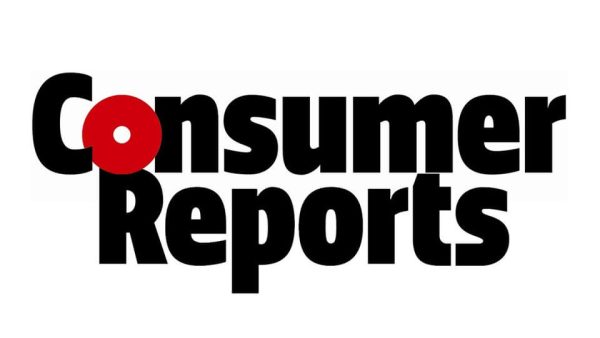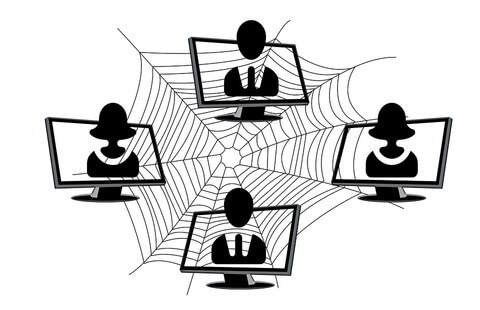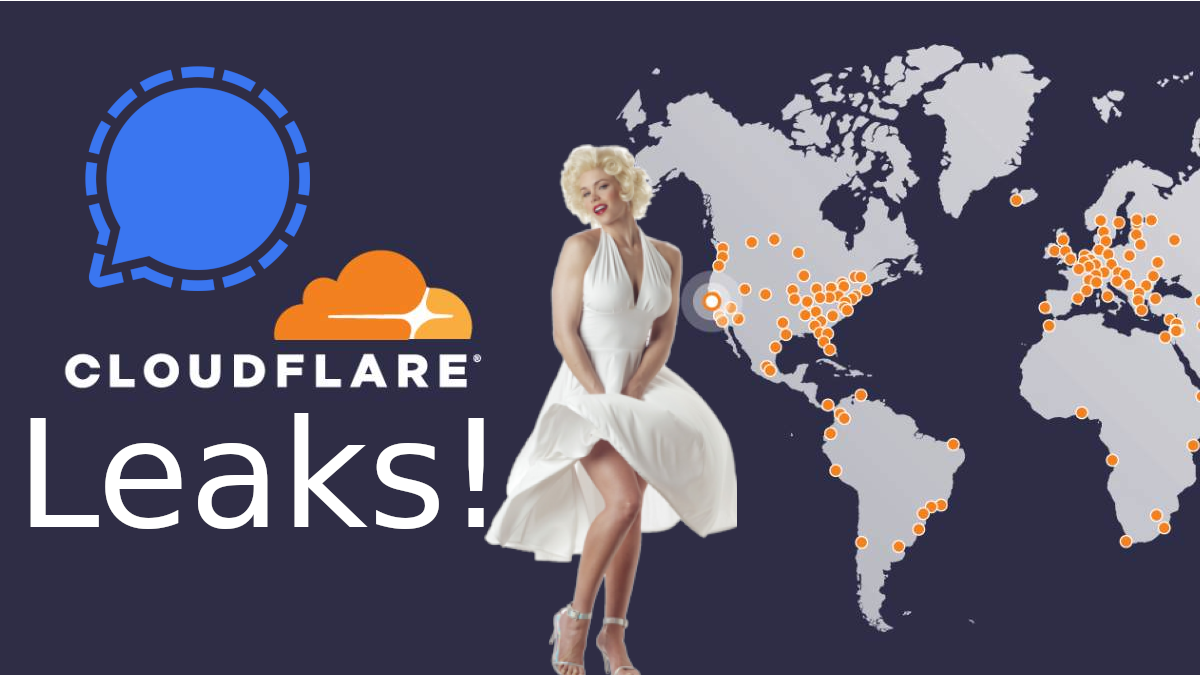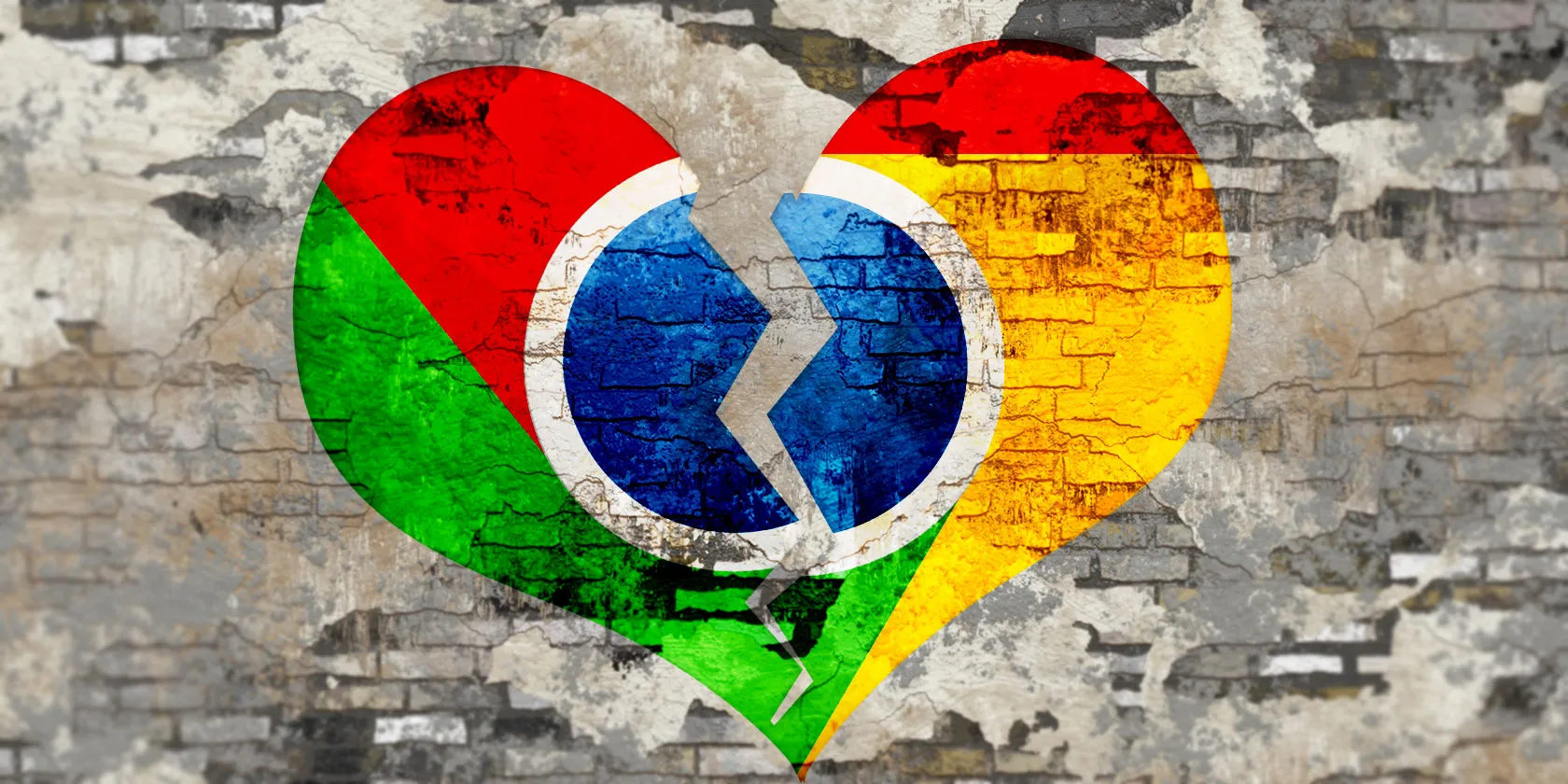Facebook is Corrupt Evil Spyware
The scary part of Facebook is the tracking that goes on OFF the platform.

The scary part of Facebook is the tracking that goes on OFF the platform. There’s a number of ways that Facebook maliciously does this including:
a) Tracking your web traffic on other websites off Facebook
b) Keeping track of everyone you know to identify you using new anonymous devices, phone numbers, or emails
c) Reading, Storing, and Sharing your private personal chats with advertisers and governments
d) Permanently keeping track of and selling your location all the time, including who you happen to be standing near
e) Keeping a permanent record of your flaws and embarrassing posts
Let’s dig deeper into each of these:
The sources for this article can be found here.
How Facebook tracks you
Facebook uses among the most maliciously pervasive surveillance tools available, including “cross site” cookies and tracking scripts embedded on other websites.
Cross Site
These “cross site” cookies and scripts are designed to report back to Facebook your activity on other websites off the platform [7] [8] – not just that you went to the site, but in some cases what you bought or said. [37] [9]

Fingerprint
Consumer Reports interviewed Casey Oppenheim, co-founder of the data security firm Disconnect,, who said Facebook uses browser fingerprinting and cookies to identify you. [7] In our other article on browser fingerprinting, we went over the dangers of websites using JavaScript, which enable sites to see our screen resolution, operating system version, browser version, time zone, and IP address. This creates a unique fingerprint about us for the purpose of surveillance across other websites.

According to Casey Oppenheim:
“If you’re logged into Facebook with the same browser you use to surf the web, the company knows exactly who you are and the vast majority of the websites you visit. Even if you’re not logged in, the company can still associate the data with your IP address and all the websites you’ve been to that contain Facebook code.”[7]

Like Button!
Oppenheimer is referring to Facebook’s network of website owners, who put what appears to be simple “Like” or “Share” buttons on their site. What this script really does is report back to Facebook the traffic of the third party website and match it with cookies and browser fingerprints. [37]
Student Loans
One of the numerous examples of this invasive tracking is student loan applications. The Markup, a consumer advocate research firm, documented Facebook pixel code reporting back to Facebook those who applied for financial aid. [38]
Hospitals Leak
In addition, The Markup found that 33 major US hospitals leaked patient data directly to Facebook, including the reason for the hospital visit, which is a violation of privacy laws such as HIPAA. [39] We covered this more in-depth in our other article on medical privacy.
Facebook tracks everyone you know
Facebook keeps tabs on your entire sphere of influence by not only knowing your web of connections on the platform itself, but also encouraging users to upload their phone contacts from OFF the platform. [23] This has the effect of Facebook knowing who you are doing business with or befriending, even though you didn’t tell them through the platform. [25] Not only does Facebook log all your messages on the platform itself [27], but, even worse, Facebook stores users’ SMS texts without their knowledge because they installed Facebook’s app with confusing settings. [4]

Facebook voluntarily sells this web of contacts to the NSA and other government agencies. [13a] [13b] As tech magazine Wired reports, the NSA has explicitly expressed it has a goal of tracking you using your “web of contacts” or using relationship mapping to identify new “anonymous phone numbers” or devices. [12]
When you combine knowing your contacts with physical location tracking, Facebook, governments, and third party advertisers can constantly know who you are physically standing near. [25] According to an investigation by BGR Tech News, even if you turn location use off in the settings, Facebook’s app will still maliciously find ways to track it. [11]
This relationship map data is sold and shared with far more than just the government…
How Facebook sells the data
According to 4,000 pages of leaked internal documents, Facebook directly shares user data with many large companies in return for leverage to charge more for ads. [32] These documents were initially released to the public as part of a UK Parliament investigation and then later released more fully by NBC News. The documents show how Facebook’s intimate user relationship maps were shared with hundreds of large companies to use as bargaining chips for getting them to pay more for ads. [33]
According to NBC News:
“Zuckerberg explained to close friend Sam Lessin the importance of controlling third-party apps’ ability to access Facebook’s data and reach people’s friends on the platform. Without that leverage, “I don’t think we have any way to get developers to pay us at all,” Zuckerberg wrote in an email to Lessin.

In the same week, Zuckerberg floated the idea of pursuing 100 deals with developers “as a path to figuring out the real market value” of Facebook user data and then “setting a public rate” for developers.”
[33]
Internal Staff Objects
According to these same leaked documents, even Facebook’s own internal staff had objections to these practices. Upon finding out that Facebook still shares data even if it’s listed as for “Only Me” in the settings, Connie Yang of Facebook’s Product Development team compared Marc Zuckerberg to the cut-throat lying villains of HBO’s Game of Thrones series. [33]

Hackers Buy
Not only does Facebook share your private data with “legal companies”, but hackers sell the data using automated bots. An investigation by Motherboard and Vice News found hackers selling personal data on 500 million Facebook users to any random internet user that wanted the information. [31]
When Facebook connections go wrong
There have been numerous instances of Facebook connecting people in certain situations who really don’t want to. The popular news site Slate gives these examples:
Slate Quote:
“Social workers and therapists reported being connected with clients despite never exchanging private information with them. A sperm donor was urged to connect to the child of a couple to whom he had donated sperm, despite the parents not wanting the donor to have contact with that child.” [34]
Reverse Tinder
This is like the reverse of Tinder, instead of getting matched with a woman, you get matched with your own sperm! Once you allow Facebook to have deep knowledge of who you know and where you are, you may lose the ability to be anonymous to anyone (even if you barely use your Facebook account).
DMV Match
Remember that your home address is likely publicly available because it’s in DMV databases. Database brokers sell DMV data to people lookup websites. Once you combine your Facebook account with your DMV data, then it means that a random stranger you interact with, both on and off the platform, can know where you (and your young vulnerable children) live. [23] [25]
Facebook is linked to depression
Studies
Numerous psychological studies have statistically proven that spending time on Facebook is linked to depression. [14a] Harvard Business Review wrote about a study from the Johns Hopkins Bloomberg School of Public Health documenting that the more time you spend on Facebook, the more depressed you likely will be. [14b] Another study from the University of Pennsylvania performed with undergraduate students found a reduction in Facebook time with positive well-being. [15a] [15b]

Kasbersky
These results are similar to the results from studies in other countries and with larger sample sizes. Cybersecurity research firm Kasbersky teamed up with Research firm Toluna to study 16,750 people across many different countries and found (again) the link of Facebook to depression and misery. [35] The firms speculated on the possible reasons for this link…
Utopia
One theory is that individuals compare their own imperfect life to the unrealistic Utopian fantasy lives that their Facebook “friends” post. It seems as though everyone has their shit together but you, huh? Well that’s because most people don’t post their failures and problems. They only post positive bragging to try to get social status. [35]
No Real Relationships
While your intent on Facebook may be to reach out to old friends, in reality more often than not, it turns into the only way you ever interact with them. In the long term this deprives you of meaningful relationships and robs you of developing proper social skills.
Bad for your business
Many small businesses mistakenly believe that they should spend money on their Facebook presence to reach customers. But unlike personal pages, with your “business page,” you will only reach a minuscule fraction of your “followers” with a post for free, even if they normally like your content. Facebook’s organic reach has collapsed, so you will have to pay significant amounts for each post to be seen. [19] It’s as though each post is a brand-new ad to win over consumers.
Low ROI
In fact, Facebook is so over-saturated with people making noise that it’s among the most expensive and least successful methods of communicating with customers when compared to email lists or newer platforms. [18] [16] Email marketing has consistently shown higher ROI than Facebook and is proven to convert more sales. [17]
Lawsuits for Lies
For all the surveillance that Facebook does, their actual ad platform isn’t as sophisticated at targeting customers as they claim. For example, NPR reported that Investing Village sued Facebook for charging for ads that didn’t even reach their target audience of those making over $250k/year with a college degree. [20]
Rampant Fraud
A large body of research confirms Facebook’s rampant fraud, such as viral social media influencer Veritasium documenting first-hand the misleading lies of Facebook’s likes and ad targeting in his own campaigns. [21] Another example is Oli Lynch of ClickCease, a firm specializing in ad fraud, recommending to completely avoid advertising on the cross site platform “Facebook Audience Network” because of the high amount of fraudulent engagement. Lynch says that while Facebook makes it easy to turn this on, it’s extremely difficult to turn it off. [22]
External Links Hurt
Also Facebook punishes posts that link externally off the platform with less viability in users’ timelines. [36] So you are trapped under their control, and they can arbitrarily censor you or ruin your business model if you rely on them.
Solution & Conclusion
The best way to reduce these risks is our new fingerprint app.
Of course the other way is to just delete your Facebook account and move on with your life.
The sources for this article can be found here
If you really want to learn and take your privacy to the next level, subscribe to our new content via: Podcast RSS, Session list, Nostr, Bastyon, Article RSS, or join the Signal Group
Related Posts

New Cloudflare Location Leak Vulnerability
Signal messenger & Discord are vulnerable
[SP]
Jan 21, 2025

DoJ: Google must sell Chrome
Big effects from Google's anti-trust case
[SP]
Nov 21, 2024

Linked-In Tyranny Agenda
They want the power to starve you if you don't obey
[SP]
Oct 8, 2024

Google is Totalitarian
Shocking Leaks & Whistleblowers. The key sources you need to persuade your friends and family
[SP]
Oct 4, 2024